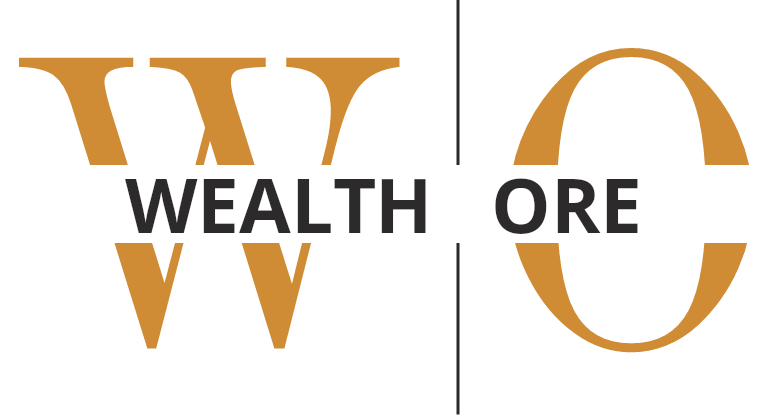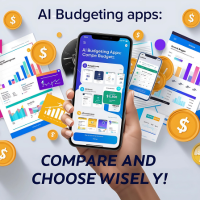Have you ever thought on how to invest in Africa? And where to invest? Investing in education in Africa is not only a moral imperative but also a strategic economic decision. Education is universally recognized as a fundamental pillar for sustainable development and economic growth. When considering regions for educational investment, Africa stands out as a particularly promising destination. Here’s why:
1. Youngest Population in the World
Africa boasts the youngest population globally, with a median age of just 19.7 years. This youthful demographic presents a unique opportunity for educational investment. A young population is not only a source of labor but also a potential pool of innovators and entrepreneurs.
- Future Workforce: Investing in education today means equipping the workforce of tomorrow with the skills and knowledge necessary to drive economic growth and development.
- Innovation and Entrepreneurship: Young minds are often the most innovative. By providing quality education, we can harness their creativity and entrepreneurial spirit, leading to the development of new industries and technologies.
2. Rich in Mineral Resources
Africa is the richest continent in terms of mineral resources, with vast reserves of gold, diamonds, oil, and other valuable minerals. These resources offer significant economic potential.
- Economic Development: Properly educated individuals can manage and develop these resources sustainably, ensuring long-term economic benefits.
- Skilled Labor: Education in fields such as engineering, geology, and environmental science can produce the skilled labor needed to extract and manage mineral resources efficiently and responsibly.
3. Abundant Arable Land and Waterpower
Africa possesses the most arable land and waterpower in the world, offering immense potential for agriculture and renewable energy.
- Agricultural Advancement: Investing in agricultural education can revolutionize farming practices, leading to increased food production and food security. This is vital for both local consumption and export.
- Sustainable Energy: Education in renewable energy technologies can leverage Africa’s waterpower to produce clean energy, reducing reliance on fossil fuels and promoting sustainable development.
4. Best Habitable Place on Earth
Africa’s limited occurrence of natural disasters makes it one of the best habitable places on Earth. This stability is conducive to long-term investments.
- Stable Environment: The relative stability in terms of natural disasters provides a secure environment for the continuous operation of educational institutions.
- Attractive for Investment: Investors are more likely to fund projects in regions where the risk of disruption from natural disasters is low, making Africa an attractive option.
Why Invest in Education?
In Africa, investing in education is not just about building individual futures; it’s about shaping the entire continent’s economic and social landscape. Quality education is the key to unlocking the potential of Africa’s burgeoning youth population, driving innovation, and fostering sustainable development. By contributing to educational development, investors not only foster economic and social progress but also position themselves to reap substantial financial rewards from a rapidly evolving and dynamic market.
The Importance of Education
Empowering the Youth
Africa has the youngest population in the world, with over 60% of its population under the age of 25. This demographic dividend presents a unique opportunity, but it also poses a challenge. Without access to quality education, the youth cannot develop the skills needed to thrive in the modern economy. Investing in education empowers young people, providing them with the knowledge and skills necessary to secure employment, start businesses, and contribute meaningfully to society.
Driving Economic Growth
Education is a powerful driver of economic growth. An educated workforce is more productive and innovative, leading to higher economic output and increased competitiveness in the global market. Countries with higher levels of education tend to have stronger economies, as education fosters critical thinking, problem-solving, and adaptability—traits essential for economic development.
Reducing Poverty and Inequality
Education is a vital tool in the fight against poverty and inequality. By providing equal access to quality education, societies can bridge the gap between the rich and the poor, ensuring that everyone has the opportunity to succeed. Education enhances social mobility, allowing individuals from disadvantaged backgrounds to improve their economic status and quality of life.
The Potential Returns of Investing in Education
Improved Employment Opportunities
Education increases employability. Individuals with higher levels of education are more likely to find stable and well-paying jobs. This not only benefits the individuals but also reduces unemployment rates and stimulates economic growth. Employers in Africa increasingly seek skilled labor to drive their businesses forward, making education a critical investment for future job security.
Innovation and Entrepreneurship
Education fosters innovation and entrepreneurship. By nurturing creativity and providing the necessary knowledge and resources, education equips individuals to develop new ideas, start businesses, and drive technological advancements. Entrepreneurs play a crucial role in economic development, creating jobs and contributing to GDP growth.
Health and Well-being
Education has far-reaching effects on health and well-being. Educated individuals are more likely to make informed health choices, leading to improved health outcomes. They are also better equipped to understand and utilize health services, contributing to a healthier population. Moreover, education promotes gender equality, which has positive effects on family health and child development.
Strategies for Investing in Education
Strengthening Basic Education
Ensuring access to quality primary and secondary education is fundamental. This involves improving infrastructure, training teachers, and developing curricula that meet the needs of the modern world. Governments and private sectors must work together to make education accessible and affordable for all.
Promoting Technical and Vocational Training
Technical and vocational education and training (TVET) programs are essential for equipping the workforce with practical skills. These programs should be aligned with market demands, providing students with the skills needed in industries such as agriculture, manufacturing, and technology.
Encouraging Higher Education and Research
Investing in higher education and research is crucial for driving innovation and economic development. Universities and research institutions should be supported to produce graduates who can contribute to various sectors of the economy. Scholarships, grants, and partnerships with international institutions can enhance the quality of higher education.
Leveraging Technology
Technology can play a transformative role in education. E-learning platforms, digital resources, and online courses can expand access to education, especially in remote areas. Governments and educational institutions should invest in technology to bridge the digital divide and enhance learning experiences.
Case Studies of Successful Educational Investments
Rwanda’s Education Transformation
Rwanda has made significant strides in improving its education system. The government’s focus on ICT in education has seen the introduction of the One Laptop per Child program, providing laptops to primary school students. This initiative has enhanced digital literacy and prepared students for the digital economy.
Kenya’s TVET Programs
Kenya has invested heavily in technical and vocational education to address skills gaps in the job market. The establishment of TVET institutions and the development of industry-relevant curricula have provided students with practical skills, boosting their employability.
Conclusion
Investing in education is investing in the future of Africa. Quality education empowers the youth, drives economic growth, reduces poverty and inequality, and fosters innovation and entrepreneurship. The returns on investing in education are immense, with benefits that span generations. As Africa continues to develop, prioritizing education will be key to unlocking the continent’s full potential and ensuring a prosperous future for all.
How do you see education transforming the future of Africa? What steps do you think should be taken to enhance educational investments? Share your thoughts in the comments below!
For more insights and strategies on investing in Africa, check out our other articles on WealthOre.
Find a comprehensive information on the importance of education for development in Africa, including statistics, reports, and insights on The World Bank’s Education in Africa Overview.







